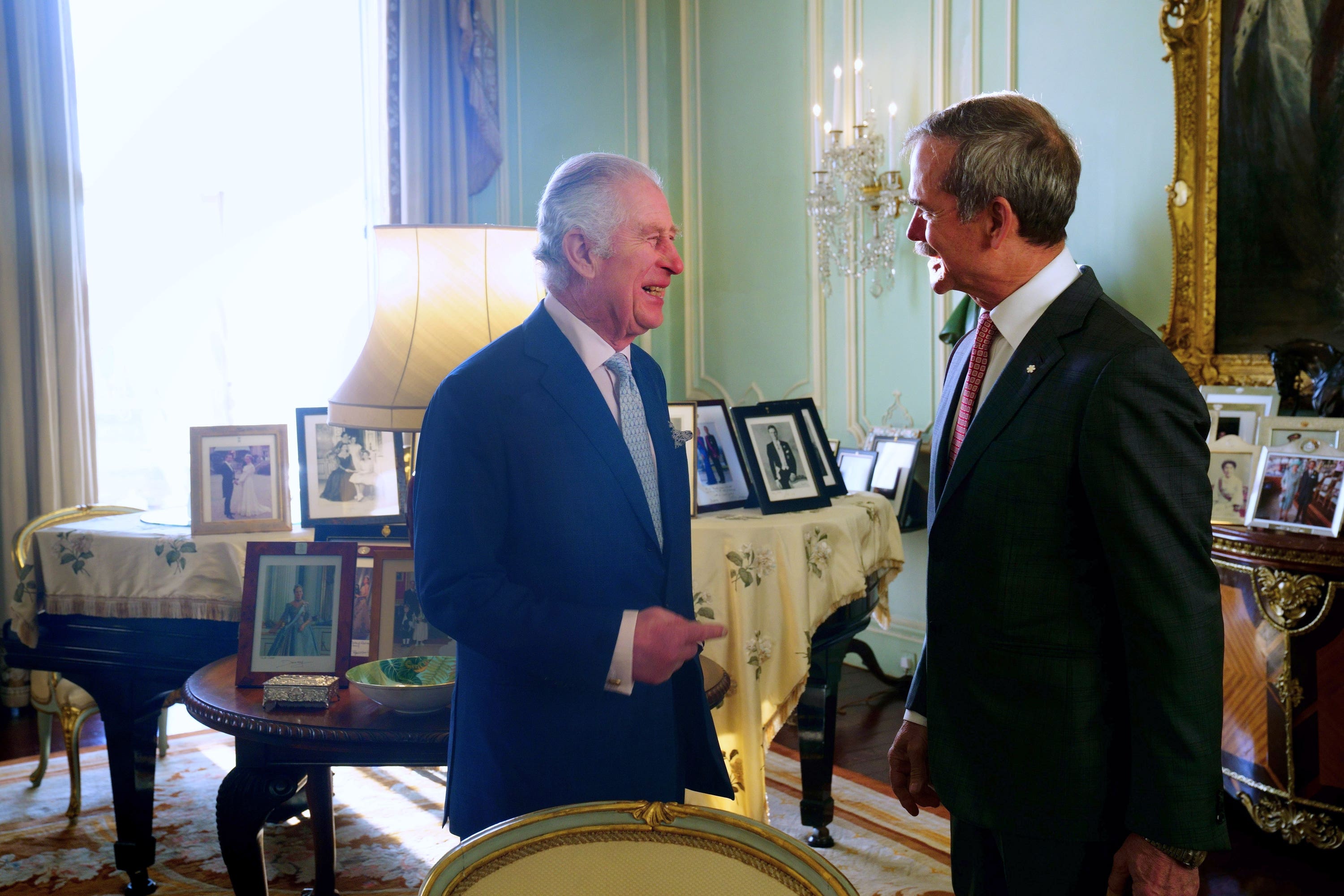Chris Hadfield: Canada's Space Hero
A Complex Legacy of Achievement and Iconography
Introduction
Colonel Chris Hadfield, the renowned Canadian astronaut, has captivated the world with his extraordinary space missions and inspiring leadership. As the first Canadian to walk in space and command the International Space Station (ISS), Hadfield has become a national icon and a symbol of scientific and technological excellence. However, beyond the awe and admiration he has garnered, Hadfield's achievements present a complex tapestry of exploration, innovation, and the interplay between scientific research and public engagement. This essay aims to critically examine the intricacies of Hadfield's astronaut legacy, exploring the diverse perspectives and far-reaching implications of his contributions.
Scientific Contributions and Technological Innovation
Hadfield's space missions have made significant scientific contributions, advancing our understanding of the cosmos and human physiology in space. During his time on the ISS, he conducted over 100 scientific experiments, ranging from studying the effects of microgravity on the human body to monitoring the health of the planet's atmosphere. His meticulous documentation and analysis of these experiments have provided valuable data for researchers and scientists worldwide.
Beyond scientific research, Hadfield has also played a pivotal role in developing and testing new technologies for space exploration. As a skilled engineer, he has helped design and evaluate innovative systems for communication, life support, and spacecraft navigation. His work has paved the way for future missions and the advancement of space technologies that will benefit both scientific endeavors and practical applications on Earth.
Public Engagement and Inspiration
Hadfield's achievements have not been confined to the realm of scientific research. He is renowned for his exceptional ability to communicate the wonders of space and inspire a global audience. His captivating social media presence, engaging public lectures, and best-selling books have brought the complexities of space exploration to a wide and diverse public.
Hadfield's narrative storytelling and charismatic personality have made him a captivating ambassador for science and technology. Through his platforms, he has fostered public interest in STEM education, encouraged young minds to pursue careers in space, and reignited the public's fascination with the unknown. His efforts have played a crucial role in promoting scientific literacy and cultivating a sense of wonder and curiosity among people of all ages.
Cultural Significance and National Identity
Hadfield's accomplishments have also had a profound impact on Canadian culture and national identity. As the first Canadian to command the ISS, he has become a symbol of the country's scientific prowess and technological capabilities. His presence in space has showcased Canada's contributions to the global scientific community and has instilled a sense of pride and accomplishment among Canadians.
Hadfield's success has fostered a sense of unity and national belonging, transcending linguistic and regional boundaries. His unwavering determination and humility have resonated with Canadians from all walks of life, inspiring them to strive for excellence and to make their own contributions to the betterment of humanity.
Critical Perspectives and Future Considerations
While Hadfield's achievements have been widely recognized and celebrated, it is important to acknowledge the critical perspectives that surround his legacy. Some critics argue that the over-emphasis on Hadfield's individual accomplishments may overshadow the vital contributions of the countless scientists, engineers, and support staff who made his missions possible. They emphasize the importance of recognizing the collaborative nature of space exploration and the broader scientific community that stands behind every successful mission.
Additionally, some critics raise concerns about the potential commercialization of space exploration and the increasing role of private entities in this field. They argue that the allocation of resources for space exploration should be carefully considered, ensuring that it aligns with societal needs and priorities, and that the pursuit of scientific knowledge remains the primary driving force behind such endeavors.
Conclusion
Chris Hadfield's astronaut achievements have left an indomitable mark on scientific research, public engagement, and Canadian culture. His missions have yielded valuable scientific insights, inspired a generation, and fostered a sense of national pride. However, it is crucial to critically examine the complexities of his legacy, considering the perspectives of collaboration, commercialization, and resource allocation.
As we continue to explore the vastness of space, it is essential to recognize the fundamental importance of scientific research, international cooperation, and the unwavering pursuit of knowledge that drives human curiosity and advancement. Chris Hadfield's contributions will undoubtedly continue to inspire and motivate future generations, reminding us of our boundless possibilities and the transformative power of human ingenuity.
Kyoko Fukada: Japan's Everlasting Beauty In Film
Miss World Titleholders: Every Champion From 1951 To Present
Florence Pugh: The Actress Who Stole The Spotlight



